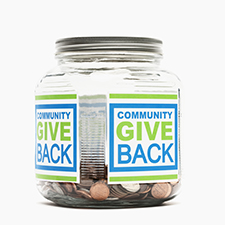How Do You Choose?
This question differs from “tell me about yourself” in that the interviewer expects a specific, targeted response related to one specific project.
Interviewers ask this question for two reasons: they want a better picture of your abilities, and they want to learn about you personally by seeing what you think is your biggest accomplishment.
But it can be difficult to choose just one accomplishment, especially if you haven’t prepared a response ahead of time. Here’s how to make sure you’re ready for this question.



